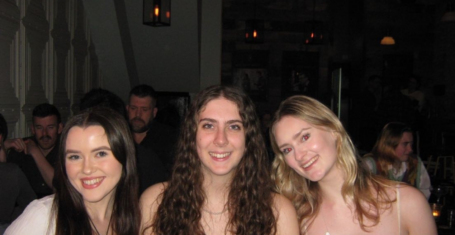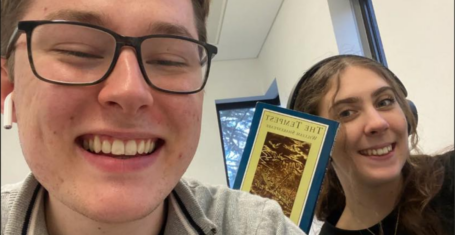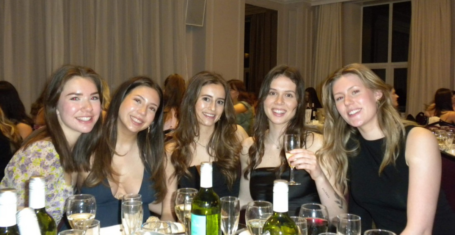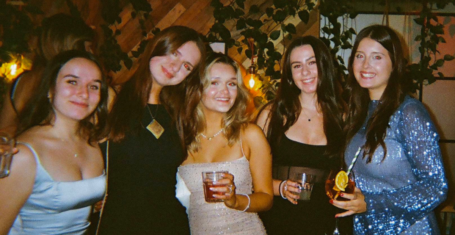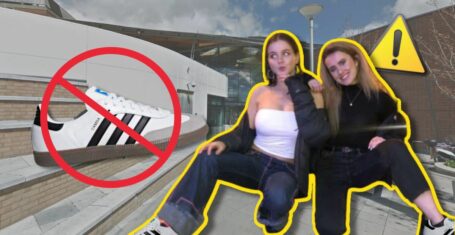
What I learnt when I went to the Jungle refugee camp in Calais
No matter where you go and who you meet, everyone just wants their loved ones to be safe and secure
After volunteering in the Calais Refugee Camp and seeing the desperate living conditions, episodes of police brutality and even experiencing tear gas attacks I assumed I would return and lead the greatest revolution of all time. I would inspire and incite a need for change amidst one of the hugest humanitarian issues to date.
Instead, I became that annoying person, where sighs pass around as I yet again bring in the refugee crisis into each conversation.
Upon my return, my stories were met with questions like “why would you even go there?” some odd ones like “do refugees know how to use the internet?” (of course, how else are they meant to look at memes?). As I (still) continue to speak about it, I get more eye rolls than when Trump says he respects women.
It started when, like many, I was completely horrified by the photos of children washed up on shores. We honestly had a huge curiosity to see what Calais and the refugee crisis was really like up close, so my friend and I decided last minute to go and volunteer.
We packed a bag, signed up to Bla Bla car (a story in itself) and turned up to the charity Help Refugee’s warehouse in Calais where we worked cooking food, sorting clothes and on the welcome team helping newly arrived refugees.
So why are we all so reluctant to uphold the basic human rights of a refugee? The main problem stems from the media’s depiction of refugees and migrants as a whole.
Prior to Calais, I had seen the harrowing images of bombing, destruction and genocide happening around the world. Yet, I always found it shocking how negative the media depiction of human beings fleeing indescribable horrors has been, particularly considering our role in making many of these countries inhabitable.
I remember first walking into the camp after endless lectures by family and friends about the huge danger I was putting myself in. The violence, the sexual assault, the exploitation…
I’ll admit my apprehension when, as a 5ft1 woman who looks about 14 years old I entered what had been described to me as a raging sex cave with murderers and rapists running around screaming ‘you are now mine little girl!’
What I actually found was quite the opposite. I met the most kind, positive and hilarious people I have ever had the pleasure of meeting. I met people with more degrees than I have friends (which is about three), people who speak countless languages and have travelled endless countries. I was met with a willingness to learn about a different culture that I have never seen before and I now strive to adapt into my own life. They spent time learning English and Italian to better communicate with me, and in return they taught me their own languages and I learnt words of Pashtu, Urdu and I am now the proud speaker of six Arabic phrases so mafi mushkula habibi.
But how I saw human beings being treated is something which I will never forget. Whilst most of the police were professional, I experienced tear gas attacks without provocation on one occasion simply for playing football outside. I saw individuals risking their lives jumping in speeding lorries and later, the life altering injuries from this. However, what scared me the most was the complete desperate living conditions and human right violations happening just at our doorstep. Adults sharing tiny tents, shelters we built for children bulldozed the following day and not enough food and blankets to keep people warm and fed.
Yet my time in Calais forms some of my favourite memories. Friends giving me endless streams of relationship advice (apparently 21 is ripe baby making age), career and just general life lessons that will stay with me forever. I made friends who are constantly concerned with how I am and how my life is going, when they are the ones living in subhuman conditions, facing deportation and potentially persecution. I had never before seen such selflessness, positivity and dedication for a better life.
What I found was that no matter where you go and who you meet, everyone wants the same things; for themselves and their loved ones to be safe and secure.
The stories I heard about journeys and experiences were heart-breaking and I struggled coming back to ‘normal’ life knowing full well that about an hour’s train journey away there were people just like me, but who had found themselves on the wrong side of the border. It is birth place lottery. I have done nothing good to deserve my life, they have done nothing bad to deserve theirs. Yet the words on my passport allow me to travel and live how I want, and theirs refine them to staying in horrendous conditions in a refugee camp.
But what I struggled with most is the view upon my return that people have of refugees. Newspapers depict horrendous and false images of asylum seekers and migrants. They incite fear in the public and remove the support that is necessary to make any impact on governments. Refugees are human beings, normal people in the most unfortunate circumstances. It is not ‘them’ and you, it is ‘us.’
So what can we do?
There are endless organisations you can get involved in. Local charities who help re-settled refugees in their areas, student groups and human rights organisations who all make a difference. However, the most important thing is to challenge the images that are being fuelled by the media and remember that these are normal human beings who just want to feel safe.
Yes refugees know how to use the internet, yes refugees need phones and yes refugees deserve safety because they are exactly like you, human beings. Change will only come once we accept this.


